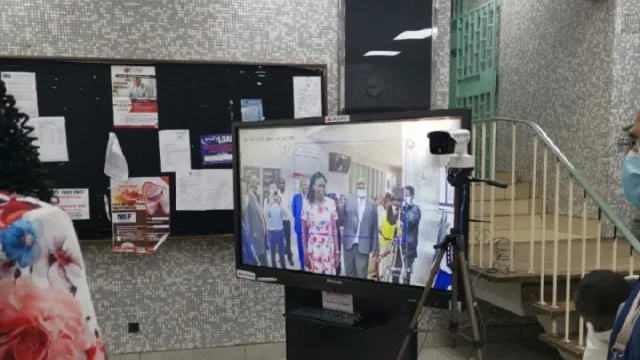As the country prepares to re-open, technology is greasing the wheels of economic revival

As the country prepares to re-open, technology is greasing the wheels of economic revival
Kenyans are expecting that after June 6th, President Uhuru Kenyatta will ease the partial lockdown and restrictions that had been put in place to curb the spread of COVID-19.
Even then, the entire economy still faces the gravest challenge in living memory.
The period during the lockdown ushered in moments of historic losses to businesses and individual citizens altogether. Some of these effects might linger for months. But even after re-opening, life may feel far from normal in the age of social distancing.
When the number of Coronavirus cases continued to increase exponentially in early march and people were increasing asked to work from home among other draconian measures, employers, businesses and the government increasingly turned to ICT systems to mitigate the impact of lost output.
ICT services ranging from video conferencing, electronic banking, and many others have played a great role in terms of keeping the country connected during lockdown, quarantine, and social isolation.
However, the devil is always in the details. Communication’s Authority (CA) boss Dr. Mercy Wanjau says that as the use of ICT services skyrocketed since the first case of COVID-19, CA flagged over 16 million cases of cybersecurity threats.
Nonetheless, Dr Mercy says that digital connectivity is our new reality that is currently being critically tested with the systemic disruption caused by the current pandemic and associated risks.
The road to economic recovery will be underpinned by ICT and for some sectors, the pandemic could act as a launchpad for new innovations that can be maintained after Corona.
The manufacturing & health sectors, for instance, are now enhancing their use of technology because they want to bolster production capacity but with very little human touch and therefore Artificial intelligence (AI) and robotics might be much more attractive. This may ultimately become a catalyst for efficiency.
Mr Adman Lane, Huawei’s deputy CEO of public affairs says that the technology giant is committed to providing technology for all and technology for good that prioritizes development, enhances global collaboration, promotes innovation and ensures ubiquitous connectivity, digitization and AI.
Huawei which has among the companies that have stood out for the sheer scale of their efforts in fighting the pandemic has also availed video conference systems that have helped multiple Kenyan Ministries improve their co-ordination, and to better understand how the virus can be contained from the experience of other countries like China.
The ICT giant has forged partnerships with telcos in the country and has been offering university students free online ICT courses in Routing and Switching, WLAN, Security and Cloud Computing technologies.

But it is mutual trust and collaboration that maintain prosperity says, Adam. He retaliated the importance of connectivity for homes, businesses and education.
Adam says that the government should now promote the construction of digital infrastructures but must be warry of Cyber threats and privacy protection which continues to be a top priority for Huawei.
He was speaking during the ISACA online conference on May 27th. The session attracted over ninety industry gurus and policymakers in Kenya.



